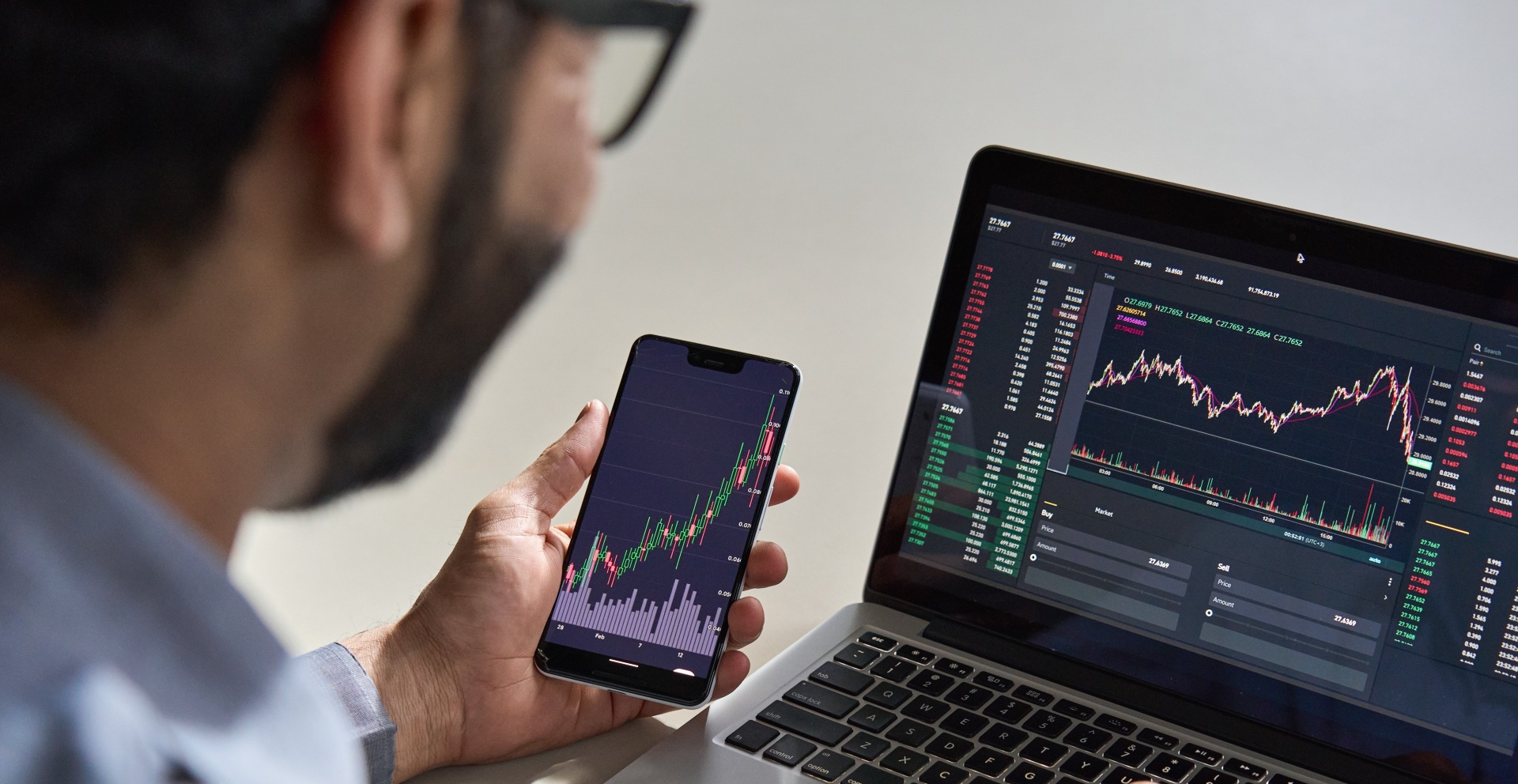David Beckham: on the path to being a true impact investor?
David Beckham OBE is arguably one of the most famous footballers to have ever played.
The Manchester United, Real Madrid and England legend first began his professional footballing career at the age of 17, and went on to score 146 career goals and lift 19 club trophies, including the famous 1999 Manchester United treble.
Playing his final game whilst at French giants Paris Saint-Germain, retiring from professional football in 2013, it is in no doubt that David Beckham's name will go down in history as one of England's - and the world's - greatest footballers.
However, what many aren't often aware of is like his one-time manager Sir Alex Ferguson, Beckham has shown a keen interest in investing for some time now.
The first steps to investing
Although Beckham hasn't made a considerable number of investments to the extent some would call him a 'serial entrepreneur', he has definitely shown a keen interest to add to his current net worth, estimated at around £345 million.
His public investment career started in 2015 when it was announced he would be a minority investor in the British live-video streaming app MyEye, set to rival the likes of Periscope.
He has also shown an immense desire to remain involved in football, particularly by increasing its popularity in the US.
Having invested heavily in the US’s Major Soccer League (MLS), Beckham is also currently in the process of setting up his own MLS team, with financial investment from both himself and numerous other external parties.
Not a small-scale investment by any means, the land for his new team's proposed stadium was recently purchased for around $9 million - and with the build of the stadium itself estimated to cost in the region of $175 million, it's highly likely Beckham will be involved in the raising investment side of the game, too.
Charity giving: an impact investor?
Whilst being interested in investing, Beckham has also shown that he is extremely charitable, with a desire to change the lives of others as much as is possible.
Partnering with UNICEF in 2005 and setting up The 7 Fund, he has been able to reach out and touch many lives of children in need across the globe.
Alongside this, Beckham has organised multiple charity 'All Star' football matches to raise money from the public to help support UNICEF in its efforts.
Visiting Sierra Leone to help focus global attention on child survival and raise awareness of the high death rate of under-fives alongside how this could be prevented, Beckham has also travelled to South Africa to see UNICEF’s work with children and families living with HIV and AIDS.
In February 2014, Beckham visited the Philippines to meet children affected by Typhoon Haiyan, and to aid in support with health care, counselling and safe spaces to play and learn.
Linking back to his focus on football, this Philippines visit was part of the fifth Soccer Aid appeal, and David helped launch the UNICEF Philippines Typhoon children’s appeal, which raised £5.4 million in the UK alone.
It's clear that Beckham is in his early years of being an investor, however he has shown that he has a lot of interest in progressing and invest large amounts of capital into a high risk portfolio.
Wanting to also make a genuine impact on the lives of others, it wouldn't be surprising if Beckham soon established himself as a true impact investor.
GrowthFunders strives to offer some of the best tax efficient investment opportunities available, with the potential of up to 50% income tax relief when investing in SEIS and up to 30% when investing in EIS - download the guides for the full insights, return potential and risk warnings.
This post is part of our UK celebrity investors series. You can find our introductory post to the series here.
%20(3)%20(2).jpg)








